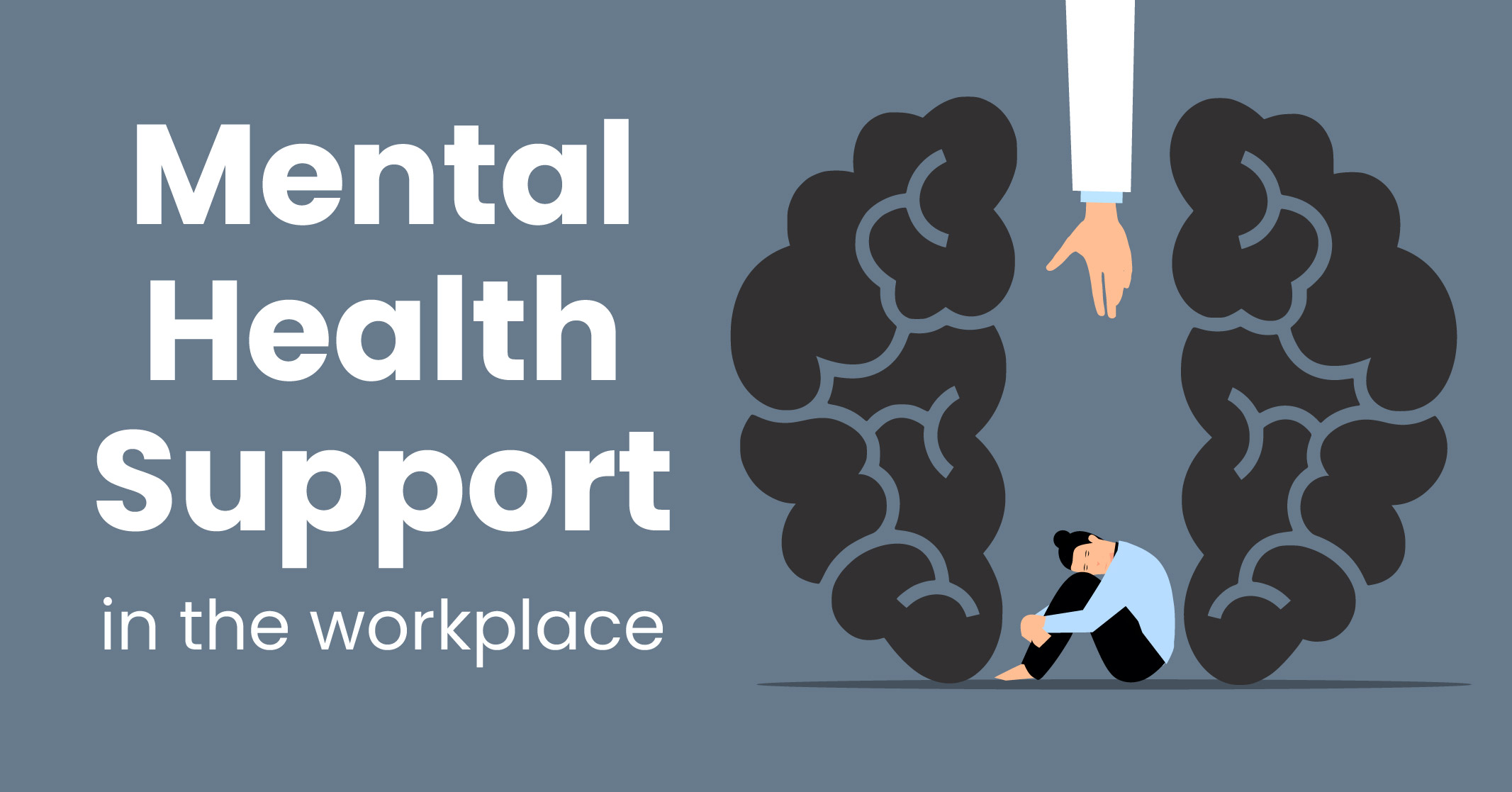Steps to Access Professional Inpatient Mental Health Treatment
Steps to Access Professional Inpatient Mental Health Treatment
Blog Article
Comprehensive Inpatient Mental Wellness Solutions for Effective Therapy
Inpatient psychological wellness solutions represent an essential part of the health care system, giving a intensive and structured atmosphere for individuals experiencing serious emotional distress. These services use a multidisciplinary approach, integrating numerous evidence-based treatments to attend to the complex requirements of people. Nevertheless, the effectiveness of such detailed care prolongs beyond instant stablizing; it likewise encompasses the transition to outpatient support, a vital stage commonly ignored. Discovering the nuances of this continuum discloses significant effects for both individual healing and broader mental health results. What elements really affect this change, and just how can we enhance its efficiency?
Recognizing Inpatient Mental Wellness Providers
Inpatient psychological health services give vital assistance for people experiencing extreme psychological distress that can not be handled properly in an outpatient setup. These services are created to use an intensive level of care in a structured setting, commonly within a medical facility or specialized center. Patients confessed to inpatient programs typically present intense signs and symptoms, such as self-destructive ideation, serious clinical depression, or psychosis, demanding round-the-clock surveillance and intervention.
The admission process typically entails a comprehensive evaluation by mental health professionals, who assess the individual's psychological state, history, and prompt requirements. As soon as confessed, individuals involve in a variety of healing methods tailored to their details needs, consisting of medication management, individual therapy, and group sessions. This all natural strategy intends to maintain the patient's problem, promote safety, and foster coping abilities.
Inpatient mental health solutions not just address immediate health worries yet also act as a bridge to recurring treatment. By offering a regulated atmosphere, these solutions facilitate the development of therapy plans that can be continued in outpatient settings, hence guaranteeing a continuum of care and enhancing lasting end results for people with intricate mental health and wellness requirements.
Key Components of Effective Treatment
Efficient treatment in inpatient psychological health and wellness services consists of numerous essential components that promote recuperation and stabilization. A comprehensive evaluation is necessary to determine the individual's specific demands and obstacles. This analysis informs the growth of a tailored therapy plan, which works as a roadmap for intervention.
One more critical component is the multidisciplinary team strategy. Collaboration among psychoanalysts, psycho therapists, registered nurses, and social employees guarantees that different perspectives add to the person's care, improving the performance of treatment. Evidence-based restorative techniques, such as cognitive-behavioral treatment (CBT) and dialectical actions therapy (DBT), are also essential, giving structured strategies that deal with maladaptive idea patterns and behavioral concerns.

Lastly, a focus on aftercare planning is crucial to make sure a seamless shift to outpatient services, reducing the risk of relapse and promoting lasting health. These cumulative elements create a reliable therapy structure within inpatient psychological wellness services.
Benefits of Comprehensive Care

Detailed care in inpatient mental health solutions offers countless benefits that significantly boost person end results. One of the main benefits is the all natural technique to treatment, attending to not just the psychological signs and symptoms yet likewise the physical, social, and psychological requirements of people. This thorough evaluation enables for tailored treatments that promote total well-being.
Another advantage is the integration of multidisciplinary teams, which cultivates partnership among medical care professionals. This joint setting guarantees that patients obtain coordinated care, decreasing the threat of fragmented therapy and improving interaction amongst caretakers. Moreover, extensive treatment assists in connection of solutions, enabling seamless changes from inpatient to outpatient setups, which is important for long-lasting recovery.

Lastly, the structured atmosphere of detailed inpatient treatment offers a risk-free room for people to participate in restorative activities, aiding them create coping techniques and strength. Collectively, these you can try here benefits add to much more reliable therapy and enhanced high quality of life for individuals experiencing psychological wellness situations.
Evidence-Based Restorative Techniques
In the world of psychological health and wellness therapy, evidence-based healing methods play an essential function in ensuring that people get effective and clinically sustained treatments. These approaches integrate the best offered research with scientific competence and patient worths, cultivating a tailored treatment experience that attends to individual needs.
Cognitive Behavior Therapy (CBT) is one of one of the most commonly acknowledged evidence-based methods, focusing on identifying and altering unfavorable thought patterns and actions. This structured method has actually shown efficiency in dealing with conditions such as clinical depression, ptsd, and anxiousness. Dialectical Actions Therapy (DBT) is specifically efficient for people with borderline character problem, highlighting the development of psychological policy and social performance abilities.
In addition, medication administration is typically an integral element of evidence-based therapy, as psychotropic medicines can alleviate signs and symptoms and boost general performance. Collaborative treatment models, which entail multidisciplinary groups, further boost the efficiency of inpatient services by ensuring extensive analyses and continuous surveillance.
Ultimately, the assimilation of evidence-based restorative approaches not only promotes positive professional end results however likewise encourages individuals, fostering a sense of firm and strength in their psychological health and wellness trips.
Transitioning to Outpatient Assistance
The transition from inpatient mental health services to outpatient assistance marks a vital phase in a person's recovery journey. This duration calls for mindful preparation and sychronisation to make certain connection of treatment and to mitigate the risks of regression or dilemma. Reliable discharge preparation need to start early in the inpatient stay, entailing a multidisciplinary team that consists of psychoanalysts, psycho therapists, registered nurses, and social workers.
Secret aspects of an effective transition consist of the advancement of a thorough aftercare strategy customized to the person's specific needs. This plan needs to describe follow-up visits, medication management, and restorative interventions, as well as determine community resources and support system that can help with continuous recovery.
Moreover, patient and family education and learning is important throughout this phase. Understanding the indicators of possible obstacles and the value of adhering to treatment can encourage people and their support group.
Regular follow-up and reassessment of the outpatient strategy are click to read necessary to resolve progressing obstacles. By fostering a collaborative relationship in between outpatient and inpatient service providers, the probability of continual recovery boosts, inevitably enhancing the client's quality of life and minimizing the danger of readmission.

Final Thought
In summary, detailed inpatient view publisher site psychological health and wellness solutions offer an important structure for resolving serious psychological distress through a multidisciplinary method. Inevitably, such thorough care is vital for long-term mental health and well-being.
The admission process generally involves a detailed assessment by psychological health and wellness specialists, that assess the person's mental state, history, and immediate requirements.Effective therapy in inpatient mental health and wellness services consists of numerous key components that cultivate recuperation and stabilization.Thorough care in inpatient mental wellness services uses many benefits that substantially boost person results.The transition from inpatient psychological health and wellness solutions to outpatient assistance notes a critical stage in an individual's recuperation trip.In recap, extensive inpatient mental health solutions use a necessary structure for attending to serious psychological distress via a multidisciplinary strategy.
Report this page